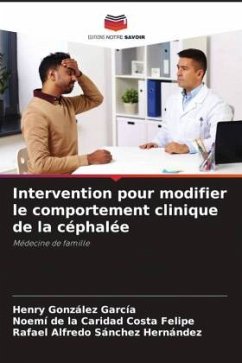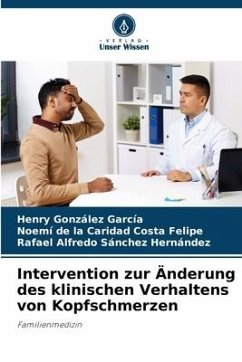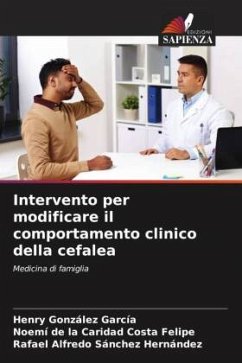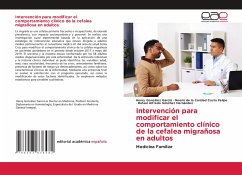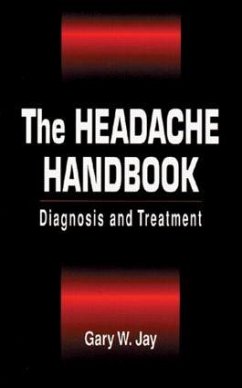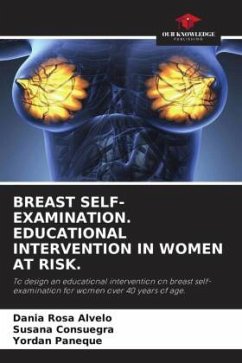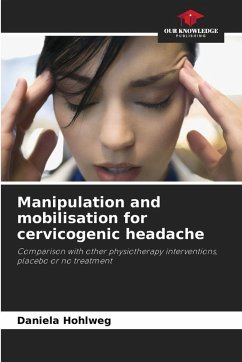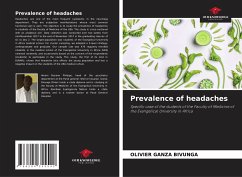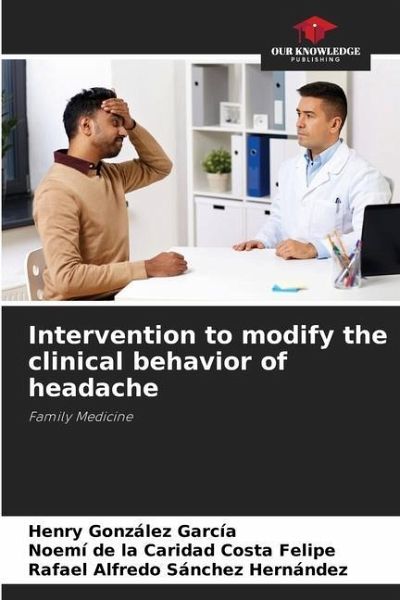
Intervention to modify the clinical behavior of headache
Family Medicine
Versandkostenfrei!
Versandfertig in 6-10 Tagen
40,99 €
inkl. MwSt.

PAYBACK Punkte
20 °P sammeln!
Migraine is a frequent and disabling primary headache, of high prevalence, with socioeconomic and personal impact. A quasi-experimental research was carried out based on the application of an educational intervention strategy that was aimed at middle adults belonging to the medical office 61 of the Santa Cruz health area to modify the clinical behavior of migraine headache in carrier patients in the period from October 2017 to May 2019. The universe and the sample consisted of the 58 average adults dispensed for this disease. From the individual interview and the individual clinical history, i...
Migraine is a frequent and disabling primary headache, of high prevalence, with socioeconomic and personal impact. A quasi-experimental research was carried out based on the application of an educational intervention strategy that was aimed at middle adults belonging to the medical office 61 of the Santa Cruz health area to modify the clinical behavior of migraine headache in carrier patients in the period from October 2017 to May 2019. The universe and the sample consisted of the 58 average adults dispensed for this disease. From the individual interview and the individual clinical history, it was possible to identify the variables: age, sex, race, schooling, frequency of crises, family history, presence of risk factors and/or triggers, as well as the clinical characteristics of the disease. . Through a final interview, satisfaction with the executed program was evaluated, as well as the modification of these identified factors. Statistical methods were used for qualitative variables.



